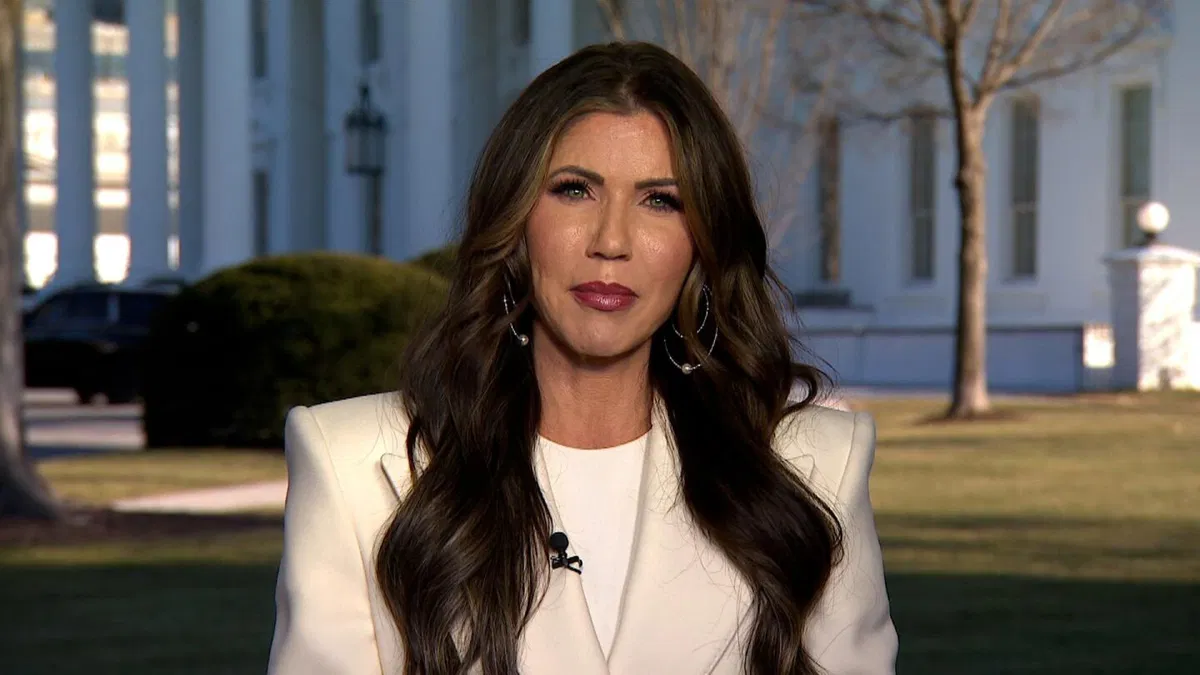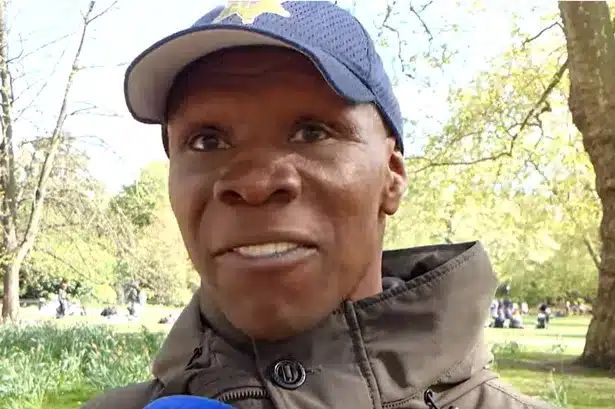In today’s digital age, the internet is often seen as a free space where people can browse, play, and connect with relative anonymity. However, as online activities become more deeply ingrained in everyday life, governments increasingly use regulatory measures to control what can and can’t be accessed within their borders. One of the most controversial tools used in this regard is geo-blocking—a practice that restricts website access based on geographic location.
Geo-blocking has been gaining traction for governments to manage content, protect citizens from potential risks, and regulate industries like online gambling. But as these measures expand, a question arises: is the government watching your online habits, and what does geo-blocking mean for internet freedom?
What Is Geo-Blocking?
Geo-blocking refers to the practice of restricting access to internet content based on the user’s geographic location. The way it works is relatively simple: websites detect the IP addresses of their visitors, which reveal their country of origin. Depending on local laws or website policies, access to certain services, media, or products can be blocked or limited.
For example, you might have tried to watch a YouTube video or access a streaming service only to see the message, “This content is not available in your country.” That’s geo-blocking in action, often used by entertainment platforms to enforce licensing agreements.
But beyond its commercial uses, geo-blocking has started playing a role in government censorship and internet regulation, particularly in areas such as online gambling.
The Rise Of Geo-Blocking In Different Countries
While geo-blocking was initially associated with media restrictions, governments around the world are now employing it for more serious regulatory purposes. Countries like China and Russia are notorious for their internet censorship practices, using geo-blocking to prevent access to foreign websites that conflict with state interests. However, authoritarian regimes are not the only ones adopting these measures. In many Western democracies, geo-blocking is increasingly used to control industries that are difficult to regulate, particularly those that operate online across borders.
The Case Of New Zealand And Online Gambling
One of the most prominent recent examples of geo-blocking’s rise in government regulation comes from New Zealand. The New Zealand government is considering geo-blocking to restrict access to unlicensed online casinos, which could have significant implications for the country’s digital freedoms.
Online gambling has become a booming industry, but not all platforms adhere to the same rules.
Unlicensed online casinos can pose risks to consumers, including fraud, lack of player protections, and the potential for money laundering. To combat these issues, the New Zealand government is looking to use geo-blocking to prevent residents from accessing these illegal gambling sites. This would protect citizens from unregulated operators and help maintain control over online gambling revenues within the country.
In this case, geo-blocking would act as a virtual barrier, preventing access to websites that do not comply with national regulations. According to a recent report by Minimum Deposit Casinos, the government’s proposal to introduce geo-blocking is part of a broader trend toward tighter control over the online gambling industry. While the intention behind the policy might be to safeguard consumers, it raises concerns about the slippery slope toward internet censorship.
Geo-Blocking And Internet Freedom: Where Do We Draw The Line?
While geo-blocking can serve as a legitimate tool for protecting users from harmful content or enforcing local laws, it raises some troubling questions about the future of internet freedom. Many see geo-blocking as censorship, restricting access to information and services based purely on geographic location. This has sparked debates about whether governments are overstepping their boundaries by controlling what citizens can see and do online.
The situation in New Zealand is reflective of a larger global trend. In Europe, the European Union’s General Data Protection Regulation (GDPR) has prompted some companies to geo-block users from non-EU countries rather than comply with stringent data protection laws. Meanwhile, Australia and Canada are also examining geo-blocking to regulate online gambling. While these measures are typically considered consumer protections, they raise concerns about government surveillance and the increasing control over individual internet usage.
In many ways, geo-blocking walks a fine line between regulation and restriction. On the one hand, it helps governments manage industries that operate beyond traditional borders, ensuring consumer safety and legal compliance. On the other hand, it can infringe on the principle of a free and open internet, where users should theoretically be able to access information and services regardless of location.
The Future Of Geo-Blocking And Online Regulation
Using geo-blocking to restrict access to unlicensed online casinos in New Zealand is just one example of how governments are tightening their grip on the digital world. As more countries look to regulate the internet—whether to prevent illegal gambling, manage media consumption, or control social media—geo-blocking could become a common tool in the global regulatory arsenal.
However, with increased regulation comes the risk of overreach. If governments can block access to certain sites in the name of public interest, what’s stopping them from expanding these blocks to other areas of the web? From political news to social media platforms, the potential for censorship is real, especially as geo-blocking technologies become more sophisticated.
For internet users, this means staying informed about how governments are using geo-blocking and what it could mean for personal freedoms. As the internet becomes more regulated, there’s a growing need to balance legitimate consumer protections with the right to access information freely.
Geo-Blocking—A Necessary Evil Or A Path To Censorship?
As governments continue exploring geo-blocking, the internet freedom debate will only intensify. The New Zealand government’s consideration of geo-blocking to restrict unlicensed casino operators is part of a larger global trend that challenges our understanding of a free and open internet. While the goal of protecting consumers is commendable, the methods used to achieve this—like geo-blocking—could have long-term consequences for online freedom.
Ultimately, the key will be balancing regulation and freedom, ensuring that users are protected without infringing on their right to explore the digital world.















